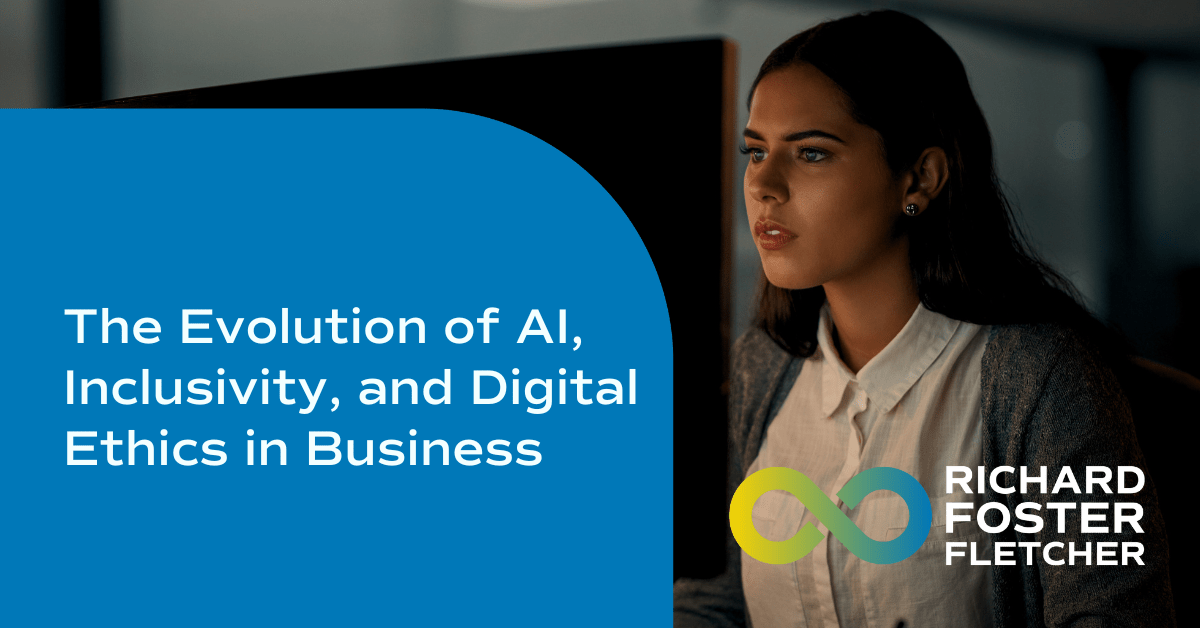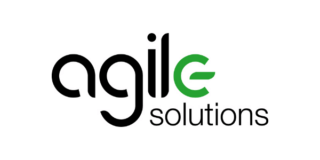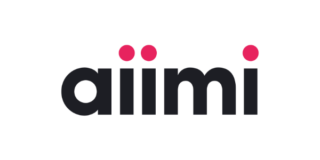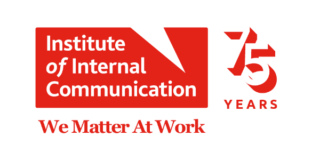
The Evolution of AI, Inclusivity, and Digital Ethics in Business

Over the next few years, the integration of AI, inclusivity, and digital ethics in business will undergo significant transformations across three distinct categories of companies.
- Tech Companies
- Regulated Industries
- All other Businesses
Tech companies are advancing at an unprecedented pace, constantly seeking the latest innovations in hardware and talent. Their primary challenge is to incorporate ethical considerations into their rapid development cycles. Operating at the forefront of AI, these companies must navigate the delicate balance between pushing technological boundaries and ensuring ethical integrity. This involves embedding ethical guidelines into AI development processes, conducting regular audits, and fostering a culture that prioritizes responsible AI usage.
Regulated Industries such as finance and healthcare face stringent regulatory landscapes. For these sectors, the focus is on staying compliant with evolving regulations related to privacy, security, and ethical data management. These industries must ensure that their AI models and data practices adhere to legal standards, protecting sensitive information and maintaining public trust. Continuous monitoring and adaptation to regulatory changes are crucial. Furthermore, these industries need to establish robust frameworks for ethical AI usage, encompassing data handling, patient confidentiality, and financial integrity.
All other businesses, overwhelmingly are neither at the cutting edge of technology nor heavily regulated. Despite this, they must still engage with AI and digital ethics. Leaders in these organizations need to cultivate a deep understanding of digital ethics and demonstrate responsible leadership in the AI era. This entails developing processes to review and revise business decisions and outcomes, ensuring they align with ethical standards. By fostering an ethical mindset, these businesses can prevent harmful impacts on people and their brand, and promote transparency in their AI initiatives.
Public Trust and Digital Ethics
Public perception of trust has evolved considerably over the past decade. Initially, social media users were comfortable sharing personal data, often without fully understanding the implications. However, the rise of AI has brought a new level of scrutiny. People are now more cautious, questioning the trustworthiness of autonomous systems and the handling of their data. High-profile cases of data misuse and breaches have heightened awareness, leading to a demand for greater transparency and accountability from businesses.
Leaders must recognize that trust is now harder to earn and easier to lose. To navigate this landscape, they must implement stringent ethical guidelines and transparent practices. This includes being clear about data usage, securing consent, and ensuring AI systems do not exploit users. Ethical AI is not just about compliance but about building a sustainable relationship with the public based on trust and integrity.
Key Questions We Need to Ask
- How can tech companies balance innovation with ethical integrity?
- Embedding ethical guidelines into AI development and conducting regular audits to ensure responsible AI usage.
- What steps can regulated industries take to stay compliant and protect data?
- Establishing robust frameworks for ethical AI usage and continuously monitoring and adapting to regulatory changes.
- How can general businesses lead responsibly in the AI era?
- Developing processes to review and revise business decisions to align with ethical standards and fostering an ethical mindset.
- How can businesses build and maintain public trust in AI?
- Implementing transparent and ethical practices, securing consent, and ensuring that AI systems do not exploit users.
The evolution of AI, inclusivity, and digital ethics in business is multifaceted and challenging. Tech companies must balance innovation with ethics, regulated industries need to stay compliant and protect data, and general businesses must lead responsibly in the AI era. Public trust has shifted, demanding greater transparency and ethical practices. By addressing these challenges thoughtfully, businesses can harness the power of AI while fostering an inclusive and ethical digital future.
















